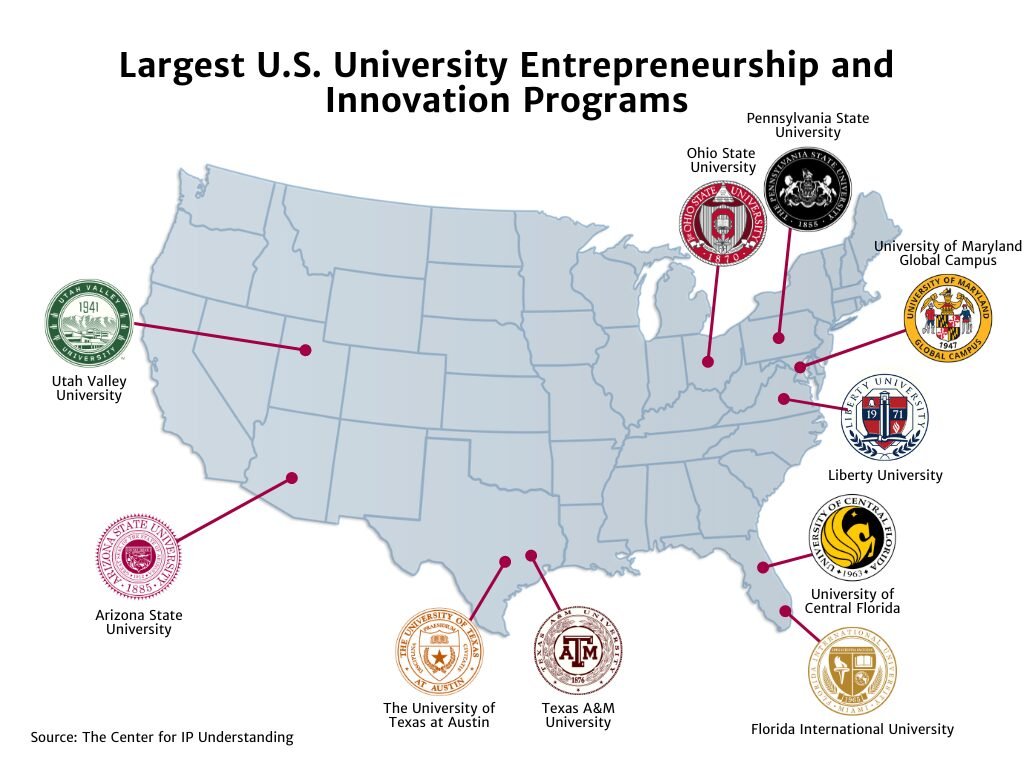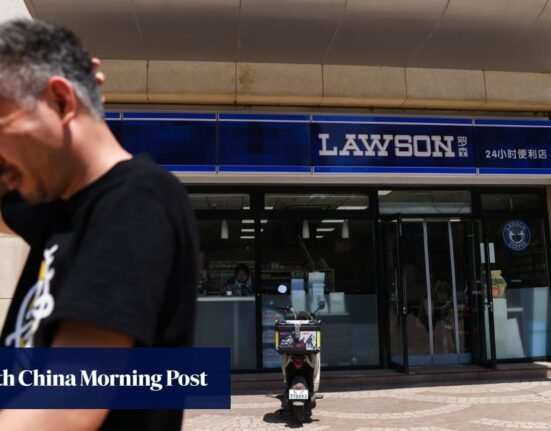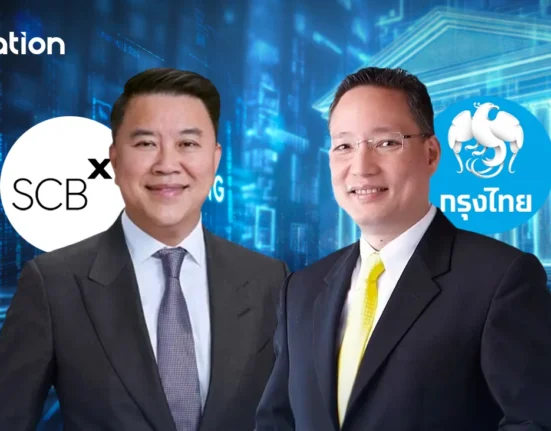“The inability to discuss IP matters competently… can lead to costly communication barriers that negatively impact the commercial viability of issued patent rights.”

Source: CIPU
Yesterday, the Center for Intellectual Property Understanding (CIPU) published a report, titled Manager and Entrepreneur IP Experience: The Limitations of On-the-Job Learning, highlighting several ways in which U.S. business professionals engaging with intellectual property (IP) are ill-prepared to deal with issues related to IP rights in business settings. The report draws several conclusions on ways policymakers can improve IP literacy, and steps that professionals operating in today’s IP-driven global marketplace can better improve their own literacy before problems arise.
Increased IP Coursework, Basic Trade Secret Literacy Critical to Patent Professionals
Between 1975 and 2020, the share of intangible assets as a portion of the overall value of S&P 500 companies has risen from 17% up to 90%, according to market research published by IP merchant bank Ocean Tomo. The permeation of IP’s value throughout the international marketplace means that an ever-expanding class of professionals are now engaging with patent, copyright and trademark issues. This includes many non-lawyer employees including engineers, marketing strategists and others coming from educational fields of study having curricula that rarely address IP issues.
CIPU’s study reflects findings collected from interviews with 15 professionals situated across the IP spectrum, both in terms of their job position and forms of IP with which they interact. Among respondents interacting heavily with patent rights, most individuals came from the engineering field. One patent agent respondent noted that engineering backgrounds were preferred as those professionals have a better ability to quickly understand a technology and explain it in a technically relevant way. However, most engineer respondents noted a complete lack of non-elective IP courses throughout their formal education.
The inability to discuss IP matters competently, the natural result of a lack of IP-related coursework in science, technology, engineering and mathematics (STEM) fields, can lead to costly communication barriers that negatively impact the commercial viability of issued patent rights. According to respondents, these issues are compounded by traditional valuation techniques used to ascribe value to a corporation’s intangible assets, which can vary widely on a case-by-case basis depending on the application of a particular IP asset.
 One patent prosecution specialist indicated that the most valuable skill set for a patent practitioner to have, beyond technical knowledge, is an ability to “speak multiple languages” to bridge technical perspectives with legal strategies. Some patent respondents also believed that a knowledge of trade secrets was important as it enables IP-engaging professionals to better determine whether confidentiality or public disclosure is a better route for any particular intangible asset. Respondents noted the importance of grasping IP topics within various industry sectors, especially life sciences where optimizing IP rights are critical.
One patent prosecution specialist indicated that the most valuable skill set for a patent practitioner to have, beyond technical knowledge, is an ability to “speak multiple languages” to bridge technical perspectives with legal strategies. Some patent respondents also believed that a knowledge of trade secrets was important as it enables IP-engaging professionals to better determine whether confidentiality or public disclosure is a better route for any particular intangible asset. Respondents noted the importance of grasping IP topics within various industry sectors, especially life sciences where optimizing IP rights are critical.
Trademark, Copyright Issues Becoming More Prevalent as Daily Business Activities
A much wider swath of the modern economy is impacted by the work of trademark professionals responsible for corporate brand management and marketing strategies. Research cited in CIPU’s report shows a positive correlation between high rates of trademark registrations relative to overall intangible assets with higher profitability and stock return value. Trademark professionals also tend to come from a much wider range of educational backgrounds, although they report a large degree of on-the-job education in IP topics similar to patent professionals.
Along with fighting counterfeits, a thorough knowledge of trademark law for mitigating liability risks while developing brands was also seen as important by respondents. Some trademark professionals felt that the threat of infringement suits is inevitable as brands grow and attract value, pointing out that many large corporations budget for trademark litigation as a cost of doing business. Along with bridging the gap between legal knowledge and practical application, trademark professionals noted that managing trademark rights across consumer touchpoints growing in variety during the Internet age is often their greatest responsibility.
 Copyright literacy is becoming more important for entrepreneurs in generative artificial intelligence (AI) fields, where infringement and fair use issues have been percolating. While the rise of digital platforms globally has improved the prospects of many creators, many of those same platforms have enabled the spread of unauthorized streams and illegal reproductions.
Copyright literacy is becoming more important for entrepreneurs in generative artificial intelligence (AI) fields, where infringement and fair use issues have been percolating. While the rise of digital platforms globally has improved the prospects of many creators, many of those same platforms have enabled the spread of unauthorized streams and illegal reproductions.
Professionals managing copyright assets for corporations often find themselves working with a very diverse set of properties, highlighted by comments from one respondent who used to work for the Playboy Estate, which also holds the publishing rights for several works by science fiction author Ray Bradbury, a friend of Playboy founder Hugh Hefner. Entrepreneurs in copyright-related fields, especially music, often have to navigate a host of unique issues related to terrestrial radio, streaming media royalties and understanding production costs across the creative chain. Teamwork across industries and high adaptability are reported as critical to responding to copyright issues among CIPU’s respondents.
The report’s findings support arguments that educational pathways toward STEM and creative industries careers at both the undergraduate and graduate levels must have more IP-related coursework, according to CIPU. The development of accessible, user-friendly resources for bridging gaps in legal knowledge among professionals engaging with any form of IP right was also seen as a critical step in demystifying IP for non-legal professionals. Such developments would go far in improving the U.S. economy by increasing IP literacy among professionals without a legal education, reducing trial-and-error forms of education on-the-job that can reduce the amount of value harvested from intangible assets.








